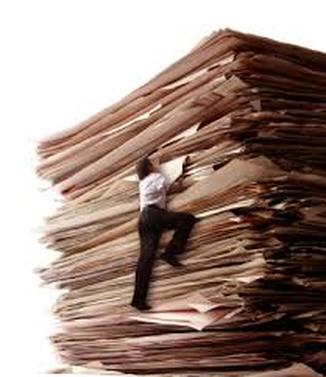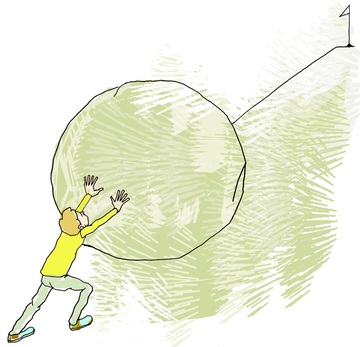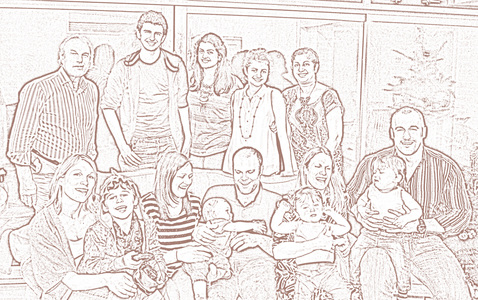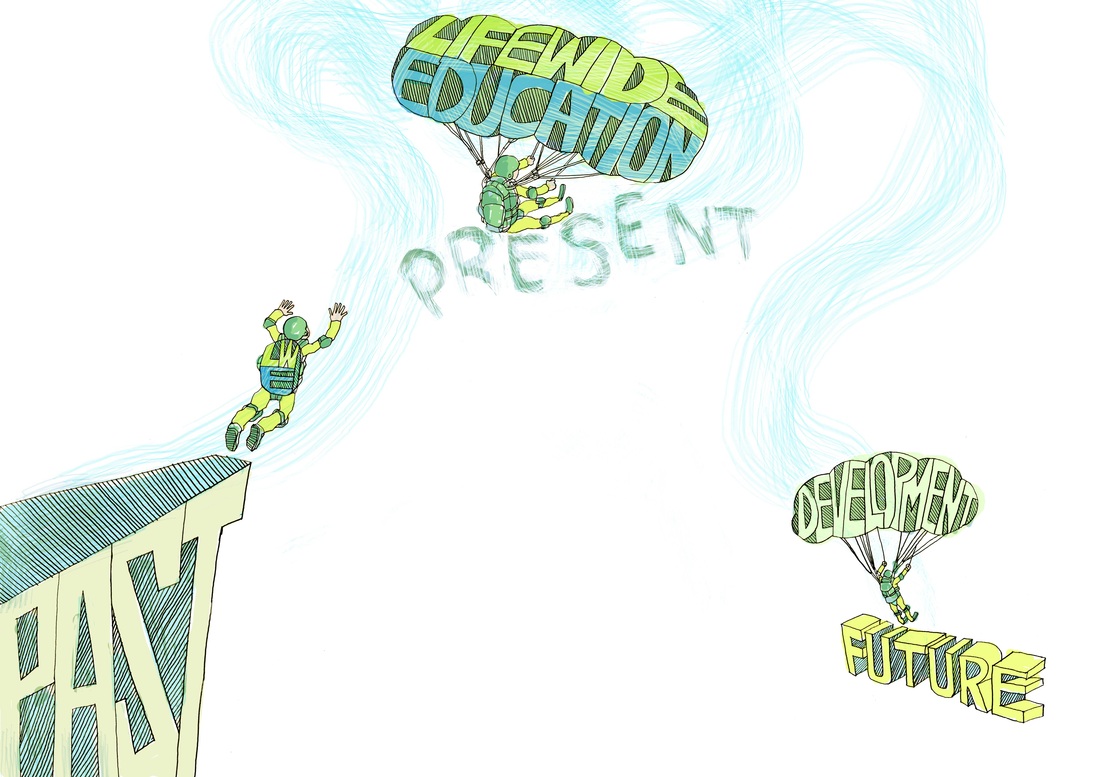
It made me think of my reasons for why I consciously engage in my own lifewide learning are motivated by interest but also a belief that by acting as an advocate I am doing something worthwhile and of potential value to others. By coincidence that afternoon I got involved in an email conversation with John Cowan and I asked him the why? question. His reply "the reason I engage in LWL is neatly summed up by Emerson: "Do not go where the path may lead. Go instead where there is no path, and leave a trail." My motive is not and has not been to leave a trail. It is to find, explore and enjoy things which are new to me at least. for without that, life would have been totally stale." This seems a nice way to frame the why but it seems to emphasise only the intrinsic value to self rather than the value to others of what you are doing.
I was intrigued to explore 'why we do what we do' a bit more so I spent a bit of time googling and found a nice summary by Anthony Robbins. He claims that there six fundamental human needs that everyone shares namely:
1. Certainty: assurance you can avoid pain and gain pleasure
2. Uncertainty/Variety: the need for the unknown, change, new stimuli
3. Significance: feeling unique, important, special or needed - drawing meaning from life
4. Connection/Love: a strong feeling of closeness or union with someone or something
5. Growth: an expansion of capacity, capability or understanding
6. Contribution: a sense of service and focus on helping, giving to and supporting others
Looking at the important things I do in my life I can see that these reasons provide many of the answers to the why question although the blend and balance of reasons is different in different aspects and at different times. These answers to why are the reasons that drive our learning ecologies and ultimately they lead to our deep sense of fulfilment when we believe that we are achieving in some way our purposes.
Returning to the question 'why would anyone invest time and effort in engaging in their own lifewide learning, and put intellectual effort into trying to understand it by planning it, paying attention to it, recording it and analysing it? My son felt that the answer to this would be different for everyone but that the answer would be the driver for their involvement. Perhaps the most valuable aspect of engaging in a learning conscious way with your own lifewide learning is to explore the why question in each significant aspect of your life
As if to reinforce this message I received a linked-in notification yesterday to the well known TED talk by Simon Sinek on the theme of 'people don't buy what you do they buy why you do it'. Why is as important in business as it is in the rest of life.
Tony Robbins blog
http://training.tonyrobbins.com/the-6-human-needs-why-we-do-what-we-do/














 RSS Feed
RSS Feed